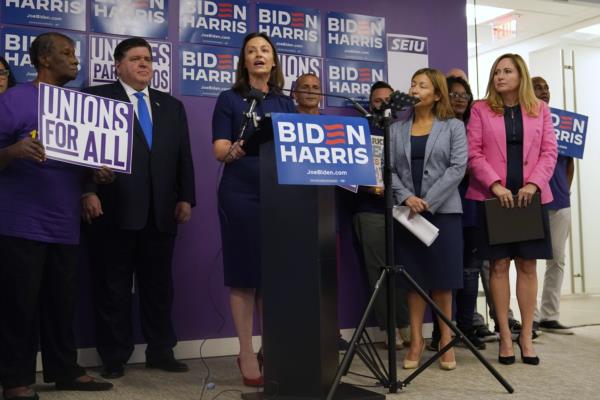
Illegal immigration and voting rights have been hot topics in recent political discussions, particularly in relation to the situation at the U.S.-Mexico border and the voting rights of non-citizens in Washington, D.C.
Concerns have been raised about the potential risks associated with illegal immigration, with some pointing to instances of crimes committed by individuals who entered the country illegally. These concerns have been further fueled by reports of thousands of legal immigrants being released into the country, raising fears about job theft, benefit misuse, and public service strain.
Furthermore, the issue of non-citizens voting in Washington, D.C., has also sparked debate, especially after a bill passed the House of Representatives to prevent non-citizens from voting in the capital. While the bill gained some Democratic support, a significant number of Democrats voted against it, raising questions about their stance on allowing illegal aliens to vote.
The implications of this divide within the Democratic Party are significant, as it could potentially lead to a uniform party position in favor of letting illegal aliens vote if they gain a majority in the House, Senate, and White House. The possibility of eliminating the filibuster to push through such measures has also been highlighted, with concerns raised about the potential consequences of granting full voting rights to illegal immigrants.
These developments underscore the complex and contentious nature of the immigration and voting rights debates in the current political landscape. As the discussions continue, it remains crucial for policymakers and the public to consider the implications of these issues on national security, electoral integrity, and the rights of both citizens and non-citizens.







